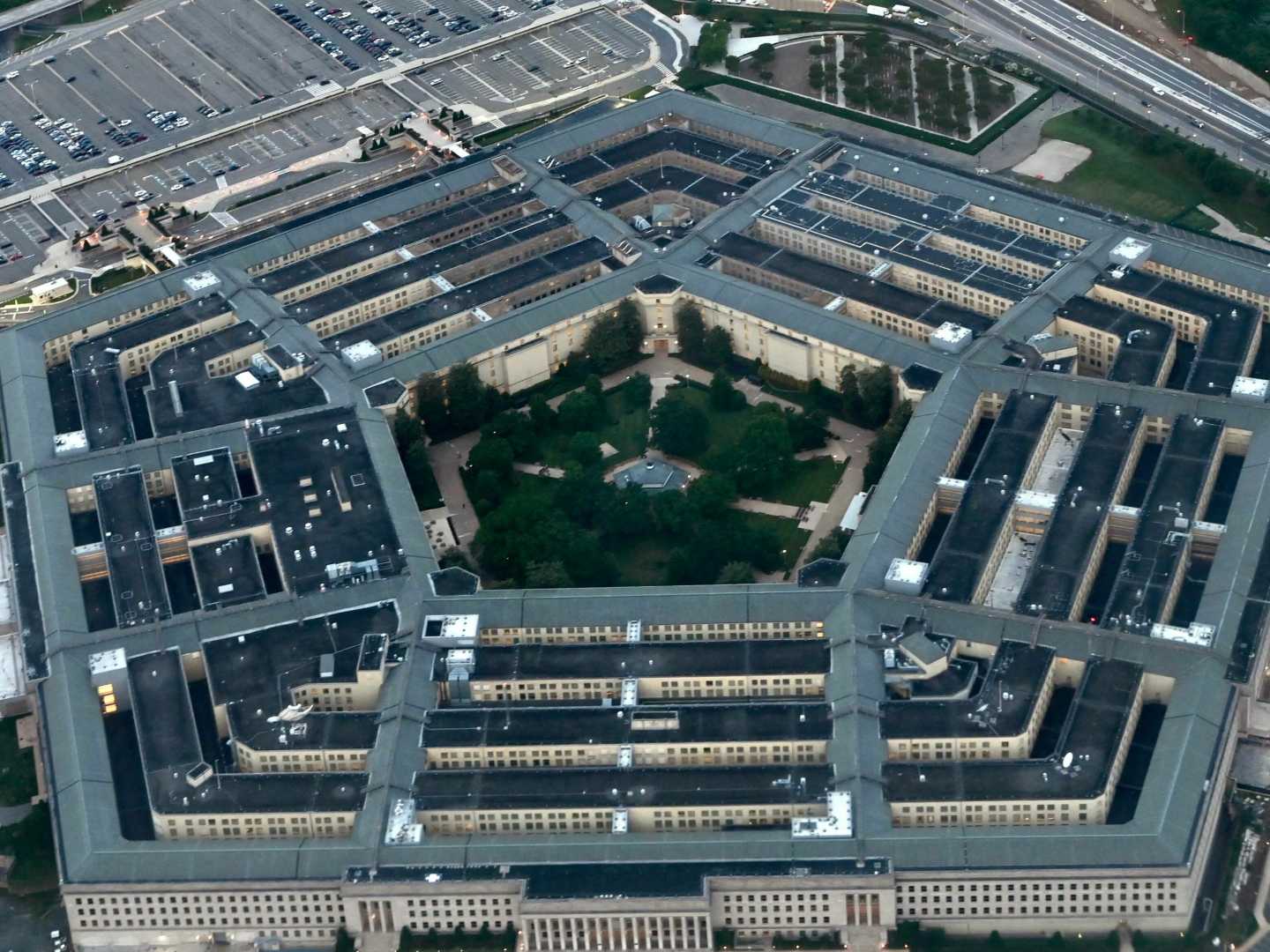News
Pentagon’s Vast Reach: A Bureaucracy Larger Than Most Nations

WASHINGTON, D.C. — The U.S. Department of Defense (DoD) stands as one of the most expansive bureaucracies on the planet, overseeing operations that span millions of acres and influence global geopolitics. With a budget exceeding $800 billion annually, the Pentagon‘s financial footprint surpasses the GDP of entire nations like Taiwan, Belgium, and Argentina.
Ash Carter, the 25th U.S. Secretary of Defense, once described the DoD as “so vast and multifarious in its missions that it dwarfs most institutions on Earth.” The department manages nearly 30 million acres of property, an area larger than the state of Pennsylvania, and contributes approximately 1% of the nation’s total carbon emissions.
The Pentagon’s operations extend far beyond military strategy, encompassing logistics, infrastructure, and environmental management. Its sheer scale and complexity make it a unique entity in global governance, often compared to a “state within a state.”
As the U.S. prepares for a new administration, questions arise about the future direction of this colossal institution. The outgoing president has warned of a burgeoning “tech-industrial complex,” while debates over national security and military spending continue to dominate political discourse.
With its unparalleled resources and influence, the Pentagon remains a cornerstone of American power, shaping not only the nation’s defense but also its economic and environmental policies.












